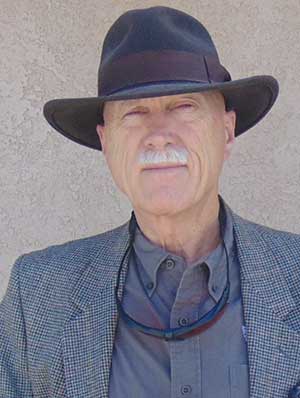
Arizona – -(Ammoland.com)-
In January of 2013, I wrote an essay on European Murder rates compared to the United States. In it, I came to the conclusion that culture was the most important driver of homicide rates, and that the presence of guns was a minor factor. It has been one of the most popular essays that I have written. As I have pursued the subject further, the predominant and most important part of the “culture” predictor of high homicide rates appears to be a lack of faith in the criminal justice system.
I have found that the same conclusion was reached a couple of years before I did, in 2011, in an article published in the Catholic News Service. Here are some excerpts from the article:
His concern about the problem led him to study factors contributing to violence in countries around the world. In a statistical analysis, he and co-author Julio Cole found that some of the factors often blamed for rising violence — poverty, increasing urbanization, even income inequality — were not significant.
The study was done in 2009, but appears to have been ignored by the old media. The most significant factor found was the effectiveness of the criminal justice system:
In his 2009 study of worldwide homicide rates, “the strongest variable is governance,” particularly the effectiveness of the judicial system, Marroquin told CNS. The implication for policy makers is that scarce resources might best be used to reduce corruption and increase effectiveness in a country’s legal system, he said.
He found that the homicide rate of non-Hispanic blacks in the United States is close to that of areas in the Americas where ineffective criminal justice systems reign:
In comparison, the rate in the United States is 9 per 100,000 — which is still higher than the rate in other developed countries, according to the U.S. Centers for Disease Control and Prevention. That figure can be misleading, however, because the rate of 58 per 100,000 among non-Hispanic blacks is closer to the level in other parts of the Americas.
While the researchers sought to find a connection between guns and violence, there simply wasn’t any data to show it:
But efforts to calculate the impact of factors such as guns and drug trafficking are stymied by a lack of data, Marroquin said.
That does not mean that there is no effect of guns in a population. But it seems likely that if there is an effect, it is small, and may be in either direction, depending on how the criminal justice system in the area deals with it.
Venezuela’s homicide rates have tripled, while the government claims that poverty has been cut in half. Severely restrictive controls on citizen’s ownership of guns have been put into place. However, few people now trust the criminal justice system.
A recent article in the Wall Street Journal points to more evidence of the importance of the cultural belief in the efficacy of the police and courts. In the article The Underpolicing of Black America, the part played in the high rates of homicides in black areas is highlighted. From the article:
Murder rates flare, in short, when legal legitimacy falters in a community—when justice is corrupted, when power is in dispute, when authorities ignore violent injury and death. Isolation and segregation magnify the effects.
That is not the entire story, of course, but it is a major part found all over the world, no matter what the gun laws are.
c2014 by Dean Weingarten: Permission to share is granted when this notice is included. Link to Gun Watch
About Dean Weingarten;
Dean Weingarten has been a peace officer, a military officer, was on the University of Wisconsin Pistol Team for four years, and was first certified to teach firearms safety in 1973. He taught the Arizona concealed carry course for fifteen years until the goal of constitutional carry was attained. He has degrees in meteorology and mining engineering, and recently retired from the Department of Defense after a 30 year career in Army Research, Development, Testing, and Evaluation.

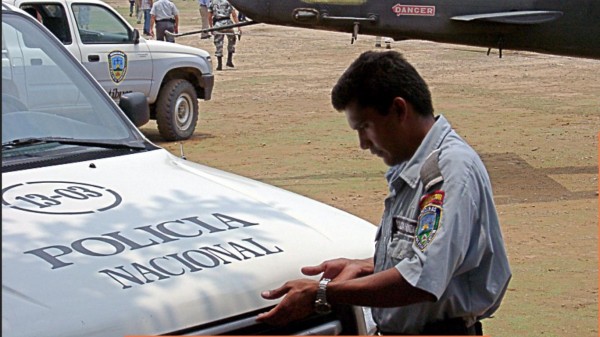
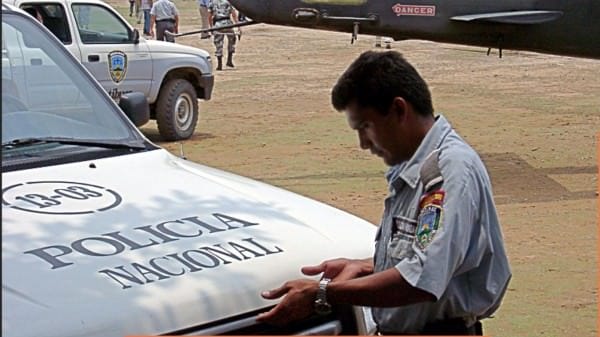



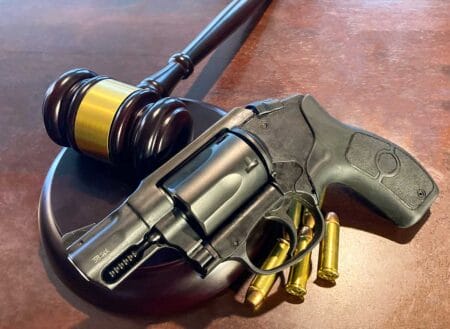
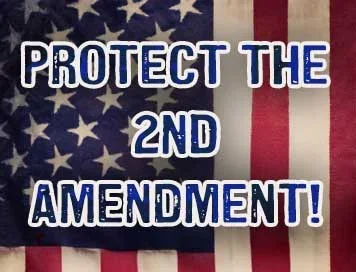

In any community the police are the first line of defense against criminals.